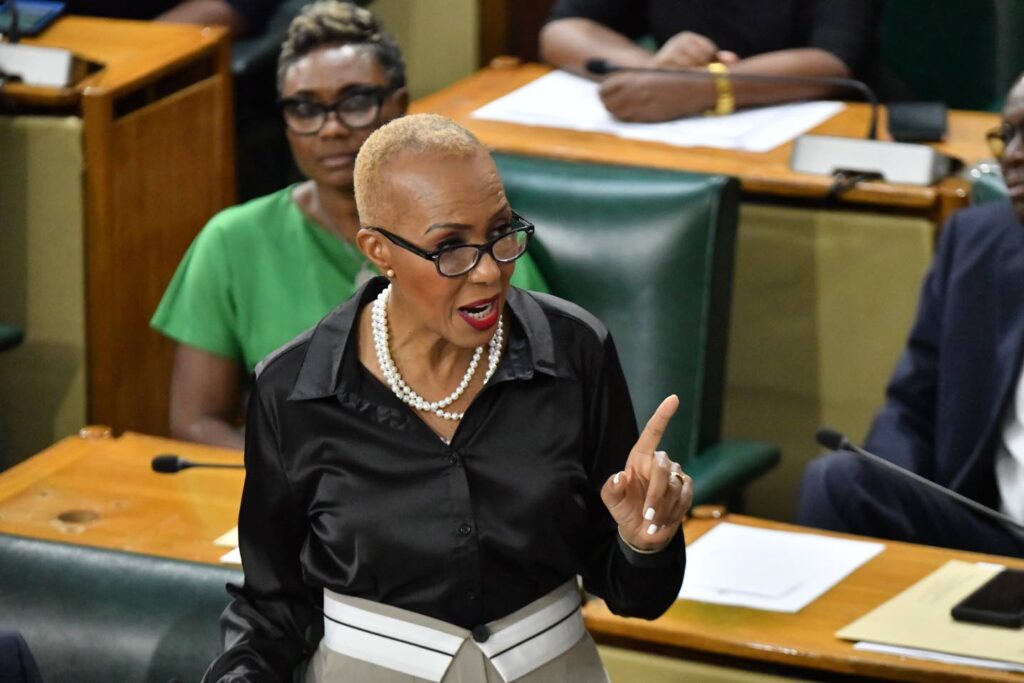Scholz Defends Ukraine's Strikes on Russian Soil, Sides With Kyiv Against Merz's Criticism

German Chancellor Olaf Scholz has firmly backed Ukraine’s right to strike targets within Russia using Western-supplied weapons, directly contradicting criticism from leading opposition figure Friedrich Merz. Scholz’s remarks come amidst a heated debate within Germany and across Europe regarding the scope of military support for Kyiv and the potential for escalation.
Speaking to reporters, Scholz stated that Kyiv’s actions were not a recent development, asserting, “The permission to hit targets inside Russia is something that has been happening for months.” This statement suggests a tacit acceptance from Berlin of Ukraine’s evolving military strategy, despite previous reservations about crossing red lines that could provoke a wider conflict.
The controversy ignited after Merz, leader of the Christian Democratic Union (CDU), publicly questioned the legality and wisdom of allowing Ukraine to use Western weaponry to attack targets within Russian territory, particularly near the border regions. He argued that such actions risked escalating the conflict and potentially drawing NATO into the war.
Scholz's response underscores the growing divergence in views within Germany regarding the war in Ukraine. While there's broad consensus on the need to support Ukraine against Russian aggression, the extent of that support and the acceptable level of risk remain hotly contested. The chancellor’s stance reflects a belief that Ukraine has the right to defend itself, even if it means striking targets within Russia to disrupt supply lines or degrade military capabilities.
The Legal and Strategic Context
The debate isn't solely about political optics. Legal experts have offered differing interpretations of international law regarding the use of weapons supplied by one nation in another's conflict. Some argue that Ukraine's actions are permissible under the principle of self-defense, particularly given Russia's ongoing aggression and attacks on Ukrainian territory. Others maintain that allowing strikes within Russia could violate international norms and potentially trigger a more dangerous escalation.
From a strategic perspective, Ukraine’s ability to strike targets within Russia is seen by some as crucial to leveling the playing field. Russia has consistently used long-range missiles and artillery to bombard Ukrainian cities and infrastructure, and Kyiv argues that it needs the ability to respond in kind to protect its population and disrupt Russia’s war effort.
Impact on German Policy and NATO Relations
Scholz’s defiance of Merz’s criticism signals a potential shift in German policy towards a more robust support for Ukraine. It also highlights the challenges of maintaining unity within the ruling coalition and navigating the complex political landscape surrounding the war. The issue is likely to feature prominently in upcoming parliamentary debates and could influence the future direction of German military aid to Kyiv.
Furthermore, Scholz's position could have implications for NATO relations. While NATO has avoided direct involvement in the conflict, the debate over Ukraine’s right to strike targets within Russia raises questions about the potential for unintended consequences and the need for clear communication and coordination among allies.
Looking Ahead
The controversy surrounding Ukraine’s strikes on Russian soil is unlikely to disappear anytime soon. As the war drags on, the pressure on Western nations to provide more support for Kyiv will only intensify. Balancing the need to defend Ukraine with the risks of escalation will remain a central challenge for policymakers in Germany and across the transatlantic alliance. Scholz’s firm stance in defense of Ukraine’s actions suggests a willingness to confront those challenges and to prioritize Kyiv’s security and sovereignty.






